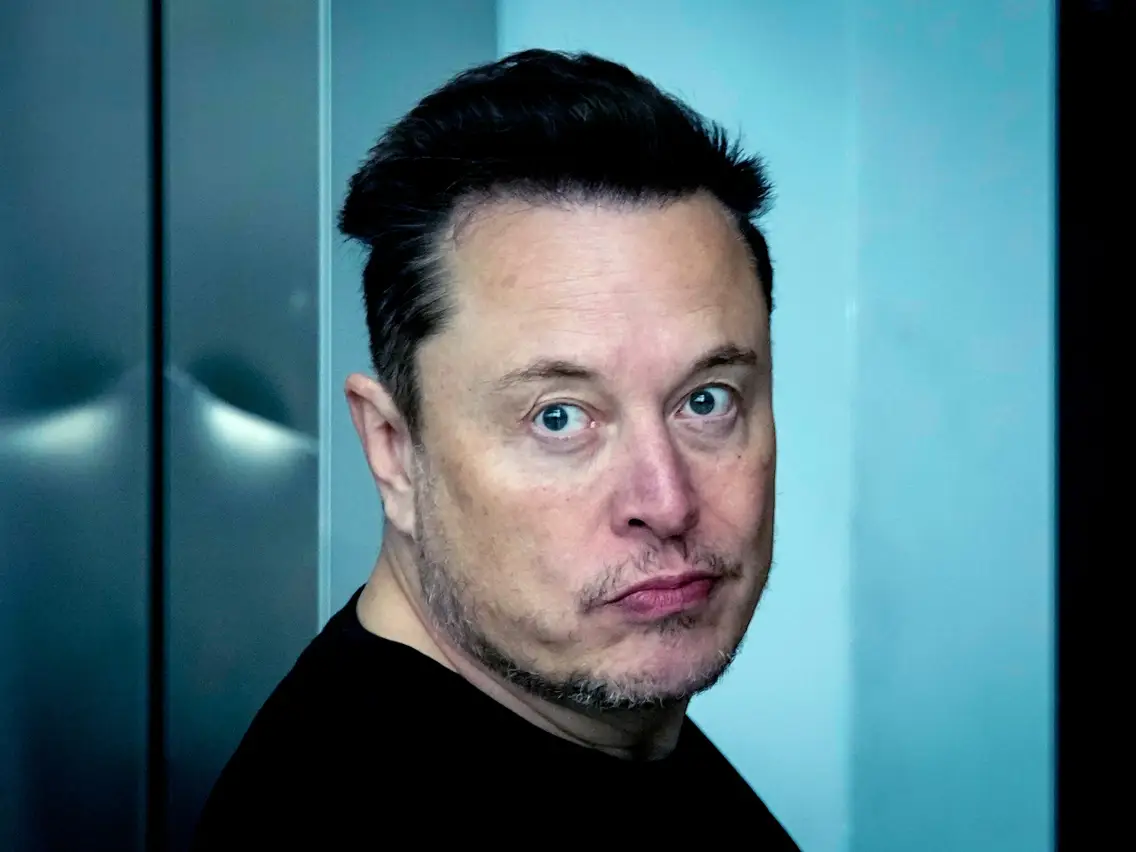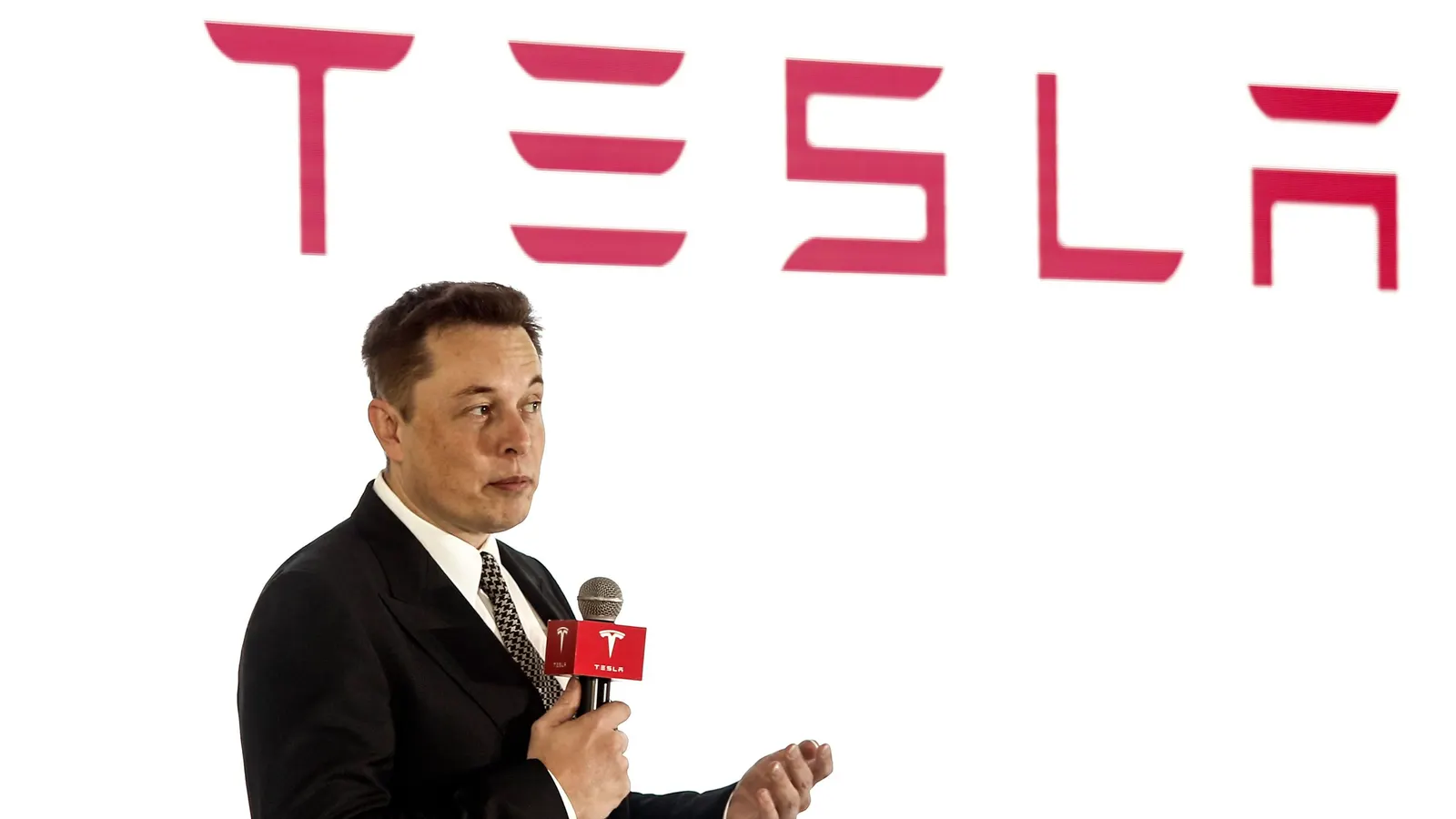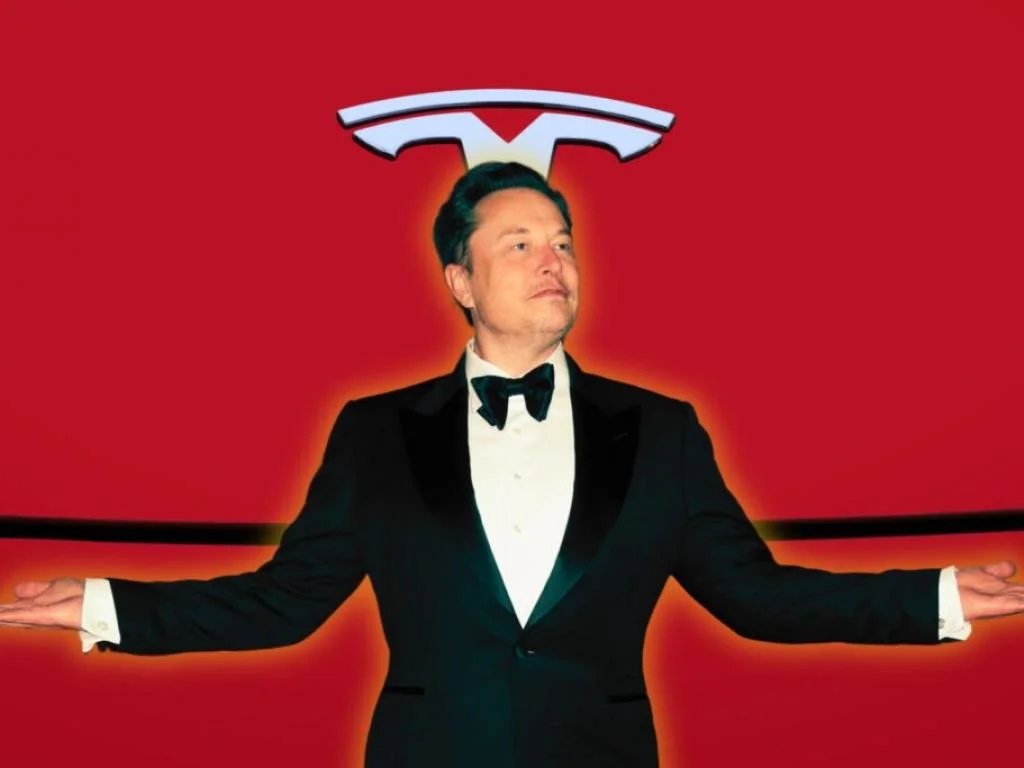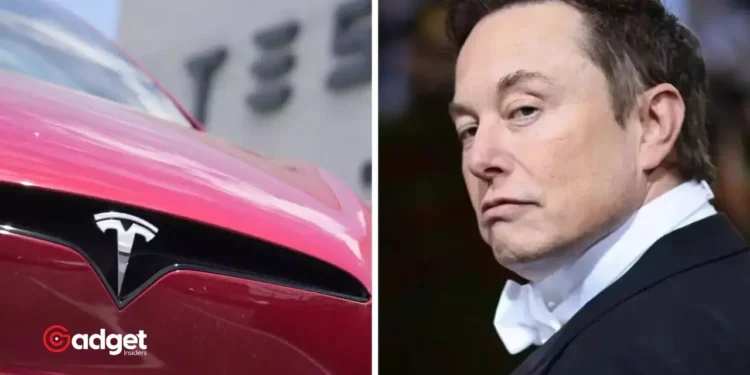In an unfolding drama that captures the essence of Silicon Valley’s high-stakes executive compensation battles, Tesla finds itself at a pivotal crossroads. Glass Lewis, a leading proxy advisory firm, has urged Tesla shareholders to vote against CEO Elon Musk’s staggering $56 billion compensation package. This recommendation throws a significant wrench into the upcoming shareholder meeting slated for June 13.
The proposal, which initially passed in 2018, faced a setback earlier this year when a Delaware court invalidated the decision, citing a lack of adequate information provided to shareholders. The court’s decision underscores the growing scrutiny over executive pay packages, particularly those that could profoundly impact shareholder value.

Glass Lewis’s Stance: A Call for Restraint
According to Glass Lewis, the rationale behind their recommendation is clear. The advisory firm has labeled the pay deal as “excessive,” stressing the “dilutive impact” on existing shareholders. This critique not only questions the fairness of the compensation in light of shareholder equity but also highlights the broader implications for corporate governance.
“Tesla shareholders should reject CEO Elon Musk’s proposed $56 billion compensation package,” Glass Lewis stated in a report. This strong stance from Glass Lewis could sway institutional investors, who hold a significantly larger share of Tesla stock than in previous years, potentially leading to a pivotal shift in the outcome of the voting process.
Elon Musk’s Countermove: A Threat of Diversification?
In a bold response to the controversy surrounding his compensation, Elon Musk has hinted at possible future endeavours outside of Tesla, should he fail to secure the deal. Musk’s mention of potentially focusing on his XAI startup, which has already attracted Tesla personnel, introduces an element of risk for Tesla shareholders.
The possibility of Musk diverting his attention and resources towards developing artificial intelligence and robotics independently adds a layer of urgency to the discussions.

Additional Controversies: Reincorporation and Board Re-elections
The compensation package is not the only issue on the table. Glass Lewis has also voiced opposition to Tesla’s plan to reincorporate from Delaware to Texas, a move that requires a majority of shares outstanding, with non-votes automatically counted as opposing. Furthermore, the firm recommended against re-electing Elon Musk’s brother, Kimbal Musk, to the Tesla board, citing concerns over his independence.
What Lies Ahead for Tesla and Its Shareholders
As Company approaches its annual shareholder meeting, the stakes are incredibly high. The outcome of the votes on both Elon Musk’s pay package and the proposed reincorporation could significantly influence Tesla’s future direction and governance. Additionally, the Delaware court’s pending decision could still pose a barrier to the approval of the pay deal, regardless of the shareholders’ verdict.

This scenario presents a critical juncture for the company, as it navigates through governance challenges and strategic decisions that could define its trajectory in the highly competitive tech industry. Shareholders and market watchers alike are braced for a resolution that could reshape the landscape of corporate executive compensation and the governance of one of Silicon Valley’s most iconic companies.










